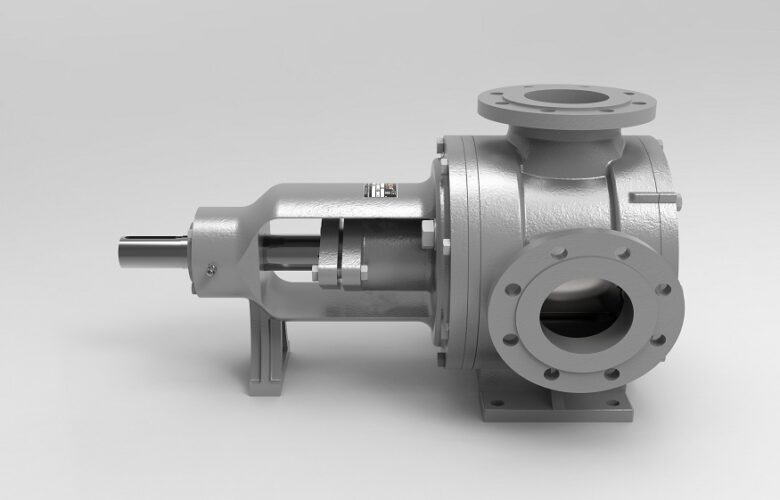Hard money loans are sometimes described as being terribly easy to get, even with bad credit. This can lead potential borrowers to believe that credit score has absolutely no impact on hard money lending. But is that true? Yes and no. It depends on what part of hard money lending you’re talking about.
Don’t sweat it if you’re a bit confused. You are not alone. As a financial services entity, hard money lending isn’t well understood by the average consumer. This is partially due to the fact that most hard money borrowers are business owners and investors. But it’s also partially due to a lack of accurate information online.
It’s Asset-Based Lending
The first thing to know about hard money lending is that it is asset based. What does that mean? It means that approvals rely almost exclusively on hard assets offered as collateral. An investor might seek out a hard money loan to buy a new property. The property, as an asset, would act as collateral on the loan.
By contrast, credit card lending is not backed by any particular asset. When a credit card company approves an application and issues a card, it is relying on the customer’s full faith and credit. More simply, the credit card company is relying on the customer’s promise to pay what is owed every month.
Assets Are Superior to Credit Histories
Hard money lenders choose the asset approach because assets are superior to credit histories. As Salt Lake City-based Actium Partners puts it, assets have inherent value that can be tapped if necessary. That value protects lenders against substantial losses.
On the other hand, the borrower’s credit history has no inherent value. Credit histories are little more than guides for determining how likely a borrower is to not pay up. If a borrower doesn’t pay and there is no collateral to be liquidated, the lender is out of luck.
In the end, this means credit histories are not especially important to making approval decisions. Hard money lenders care about asset value. They are likely to approve a loan if it is backed by an asset with strong value.
Credit History Still Plays a Role
None of this is to say that hard money lenders completely ignore borrower credit. They don’t. Most run standard credit checks the same way banks do. But the checks have nothing to do with loan approval. Rather, lenders look at credit histories for the purposes of determining interest rates and fees.
Just as with traditional financing, hard money lending assumes a certain amount of risk related to a borrower’s willingness and ability to repay. A borrower with a poor credit history and a low score is more likely to not pay. This obviously increases the risk faced by the lender. Mitigating that risk is partially accomplished through higher interest rates and fees.
Higher Interest Protects the Lender
Higher interest rates are especially attractive to hard money lenders due to the way their loans are structured. More often than not, monthly payments are interest-only payments. Borrowers make a balloon payment to cover the principle at loan maturity. Why does any of this matter?
Even if a borrower defaults, the hard asset offered to secure the loan can be liquidated to pay the principal. Collecting only interest payments prior to default preserves the value of the original loan, thereby protecting the lender.
Hard money lenders actually do care about credit histories and scores. They rely almost exclusively on asset value to make an approval decision. But once approval is given, credit histories and scores influence interest rates and fees.









